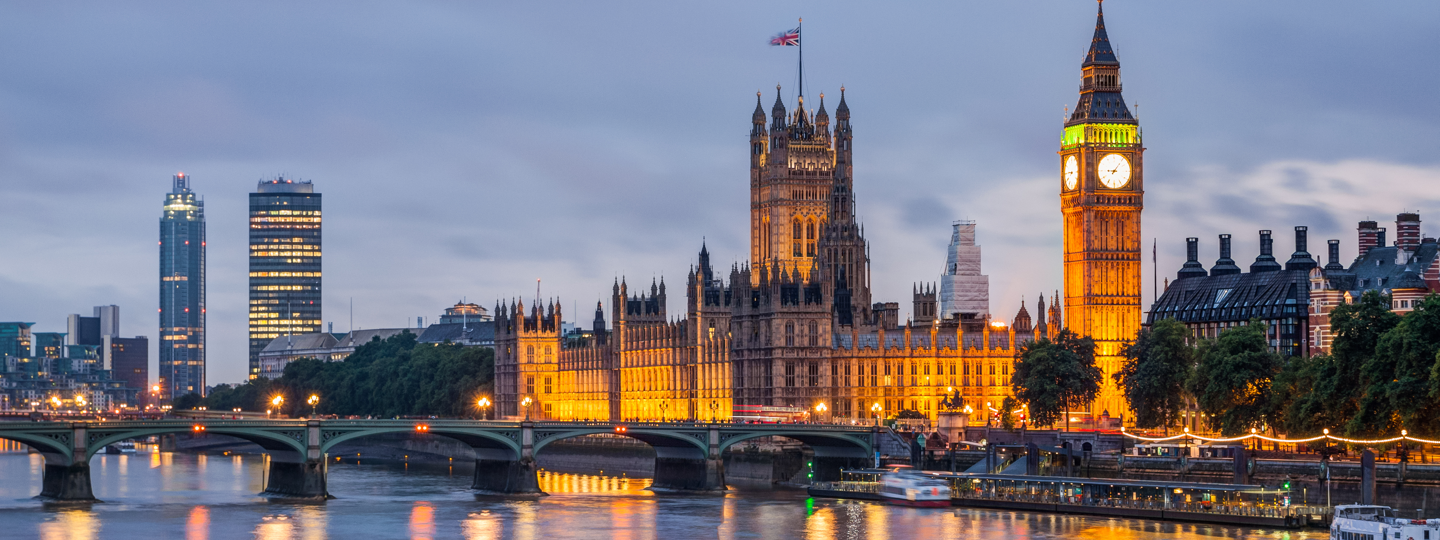What’s happening to commercial real estate investment in London at the moment? There are conflicting reports currently doing the rounds about its health. On the one hand, investment volumes in the capital increased by £4.1bn in the final quarter of 2016, according to CBRE’s latest Property Perspective report. On the other, the annual total of £13.1bn was down on levels recorded in 2015.
So have we reached the top of the market as some people fear, or is the fall in activity merely a temporary blip caused by the shock result of the EU referendum last June?
Brexit: the aftermath
Market data shows that the ‘Brexit’ vote clearly dented investor confidence. A number of investment and occupier deals fell by the wayside in the immediate aftermath of the vote as parties activated Brexit clauses. This was reflected in the Q3 investment volume figures, which were the weakest since 2011, according to CBRE, and brought down the total figures for the year. Only 42 deals transacted in Q3 versus 66 in Q4, which saw 11 deals worth more than £100m.
Activity rebounds in Q4, momentum continues into 2017
Part of this rebound in activity in the last quarter of 2016 can be attributed to the falling value of sterling. This fall provided a much needed correction in pricing and made the capital particularly attractive to overseas investors looking for a safe haven at a time when there was political and economic turbulence in other parts of the globe. CBRE’s figures reflect this trend with overseas buyers accounting for the bulk of investment activity in Q4.
It’s a trend that many experts expect to continue throughout Q1 2017. Chris Brett, head of international capital markets, UK, at CBRE, reports there is currently strong demand for London real estate from investors in Singapore, Abu Dhabi, South Korea, Saudi Arabia and Hong Kong. He notes that there is also demand from German investors and he anticipates greater interest over the course of 2017 from South African investors and investors from Japan thanks to new legislation that allows JREITs to invest offshore.
As a result, Brett is bullish about the short to medium term investment outlook. “The momentum experienced in Q4 2016 has certainly carried into 2017 and the UK remains a major focus for global capital. For the foreseeable future this looks set to continue, that is until the political landscape potentially interrupts our world yet again,” says Brett.
Dark skies ahead?
However, there are potentially a few dark clouds gathering on the horizon. The Global Investment Intentions Survey 2017, which was published in January by INREV, ANREV and PREA, found that although the UK and France usurped Germany as the preferred European markets for real estate investors in 2017, the London office market – historically considered a safe haven for investors – fell from top spot in 2016 to fourth place in 2017, behind Berlin, Paris and Frankfurt.
This suggests investors still have reservations about the future outlook for the capital in a post-Brexit world. Their concerns have no doubt been heightened by the flurry of banks and financial institutions announcing earlier this year that they were poised to potentially move thousands of workers to offices elsewhere in the European Union so that they could continue to take advantage of the EU financial ‘passporting’ agreement once the UK leaves the EU. It’s possible that their impending departure could put a significant dent in the London office market causing vacancy rates, which are close to all-time lows in some parts of the capital, to rise.
Brexit negotiations will bring clarity
However, industry experts point out that many of the banks are on long term leases that are not due to expire until 2020 and beyond, meaning that they – and not landlords or investors – would be on the hook for rent on their office space even if they decide to flee the capital. The picture will become much clearer when the UK government invokes Article 50 and negotiations to exit the EU begin in earnest in the next few months. When the terms of Brexit are finally determined the market will have much more clarity about the future strength of the London real estate and it’s only then that we will get a true sense for investor appetite.






